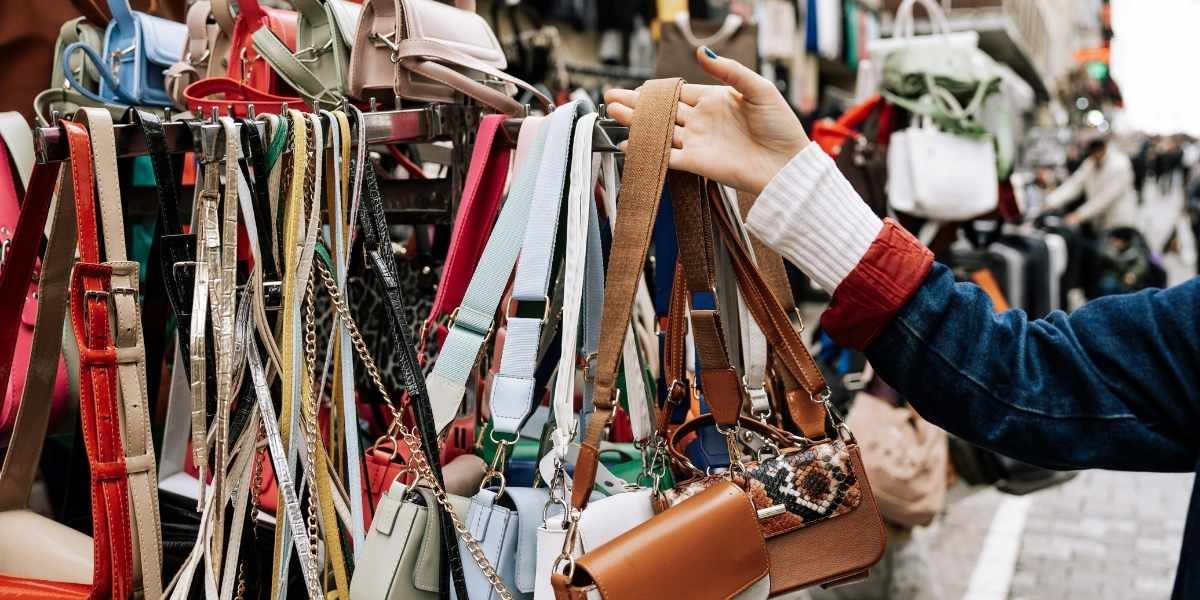What is Frugal Living and Why Does It Matter?
Frugal living is more than just being “cheap”—it’s a conscious and intentional lifestyle that focuses on mindful spending, resourcefulness, and maximizing the value of what you already have. It’s about making thoughtful decisions regarding how money is spent, choosing quality over quantity, and being resourceful in the face of everyday challenges.
While some might view frugality as limiting, it’s actually about freedom—freedom to make choices that align with long-term goals, financial security, and personal values. Embracing frugal living doesn’t mean sacrificing quality of life; instead, it means becoming more mindful of how resources are used and appreciating what really matters. Through mindful spending, creative problem-solving, and prioritizing needs over wants, frugal living can lead to a more fulfilling and secure life.
Read Also: Exploring Therapy: Unlocking Mental Health and Personal Growth
How Can Mindful Spending Enhance Your Financial Life?
One of the cornerstones of frugal living is mindful spending. This involves making intentional purchasing decisions based on long-term value rather than short-term gratification. By differentiating between needs and wants, individuals can better prioritize their financial goals.
Budgeting is a powerful tool in this process. A well-structured budget helps track income and expenses, ensuring that money is allocated toward what truly matters. This method not only minimizes unnecessary spending but also highlights areas where savings can be made. For example, cutting back on impulse purchases and opting for more cost-effective options can have a significant impact over time.
Additionally, tracking expenses helps identify recurring costs that can be reduced or eliminated. Whether it’s renegotiating subscriptions, switching to a more affordable phone plan, or finding alternative ways to handle monthly expenses, the more conscious you are of your financial habits, the more opportunities you have to save.
How Does Resourcefulness Play a Role in Frugal Living?
Resourcefulness is at the heart of frugal living. It’s about making the most of what you already have, finding creative solutions to problems, and embracing a DIY mindset. Instead of constantly buying new items, resourceful individuals choose to repair, repurpose, or upcycle what they own.
For instance, fixing a broken item rather than replacing it can save a significant amount of money. Whether it’s sewing a tear in clothes, reusing containers, or even learning to do basic home repairs, resourcefulness reduces the need for continuous consumption.
DIY projects not only save money but can also be incredibly fulfilling. From gardening to making homemade cleaning products, there are countless ways to reduce dependence on store-bought goods. Embracing a resourceful mindset allows you to take control of your environment and reduce the constant cycle of consumption.
What Are Smart Shopping Strategies for Frugal Living?
While mindful spending and resourcefulness are crucial, smart shopping is another key aspect of frugal living. Smart shopping is about finding the best deals without compromising on quality. It’s about being strategic with purchases, looking for discounts, and considering alternatives to full-price retail shopping.
Coupons and cashback programs are fantastic tools for saving money, especially on recurring household items like groceries. Many stores offer digital coupons or loyalty programs that reward frequent shoppers with discounts. Similarly, price comparison apps make it easy to ensure you’re getting the best deal on everything from electronics to everyday essentials.
Buying in bulk can also be a smart way to save money, particularly on items you use frequently. For instance, purchasing non-perishable goods like rice, pasta, or toiletries in large quantities can often save you money in the long run. However, it’s essential to be mindful of storage space and avoid over-purchasing products you don’t need.
Secondhand shopping is another smart strategy. Thrift stores, online marketplaces, and garage sales often offer high-quality items at a fraction of the cost of new ones. Whether it’s clothes, furniture, or electronics, purchasing secondhand items not only saves money but also contributes to a more sustainable lifestyle.
How Can Frugal Living Contribute to Environmental Sustainability?
Frugal living and environmental consciousness often go hand-in-hand. Many of the choices that help save money also contribute to reducing waste and conserving resources. By cutting down on consumption, recycling, and reusing items, individuals reduce their ecological footprint.
For example, switching to energy-efficient appliances, using less water, and reducing waste through composting or recycling are simple yet effective ways to live more sustainably. These actions often result in lower utility bills, while also benefiting the environment.
Additionally, frugal living encourages the use of durable, long-lasting products. Instead of constantly replacing disposable items, choosing products designed for longevity not only saves money but also reduces the waste produced. By embracing an eco-friendly lifestyle, frugal individuals can contribute to the broader movement toward sustainability.
How Can Frugal Living Lead to Financial Freedom?
Perhaps the most significant benefit of frugal living is its potential to lead to greater financial freedom. By living within one’s means, prioritizing savings, and being mindful of expenditures, individuals can pay off debt, build an emergency fund, and work toward financial independence.
Frugal living is a powerful tool in eliminating financial stress. When you’re in control of your spending, it becomes easier to plan for the future. With a clear understanding of your financial goals, you can make informed decisions that put you on the path toward long-term security. Whether it’s saving for retirement, purchasing a home, or building an investment portfolio, frugality sets the foundation for financial success.
Read Also: Transform Your Humble Home Into a Cozy Retreat
Finding Joy in Simplicity
Living a frugal lifestyle also brings non-monetary benefits. By focusing on simplicity and appreciating what you have, you often find greater contentment in life’s small pleasures. Whether it’s spending time with loved ones, engaging in hobbies, or enjoying nature, frugal living encourages individuals to value experiences over material possessions.
Strong community connections are another rewarding aspect of frugal living. Sharing resources, bartering, or participating in communal activities help strengthen relationships and foster a sense of belonging. Through these connections, individuals can enrich their lives without the need for excessive spending.








